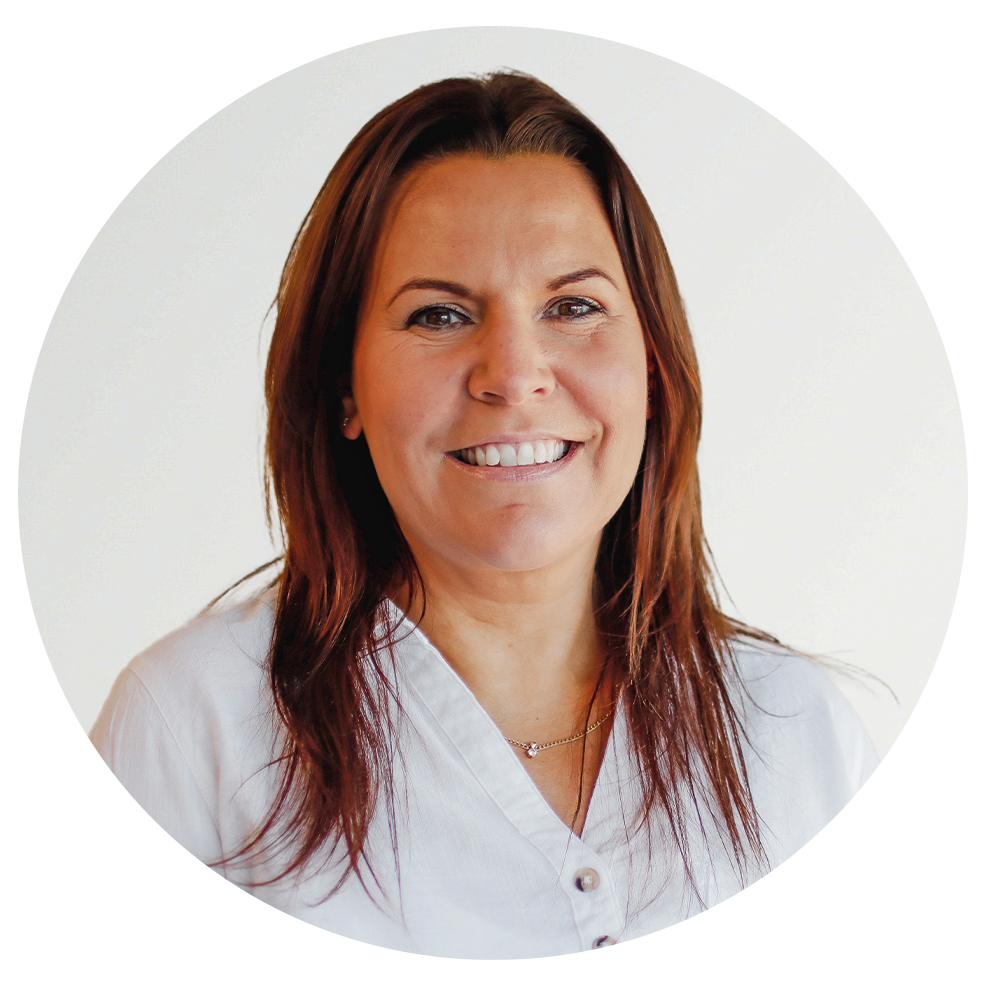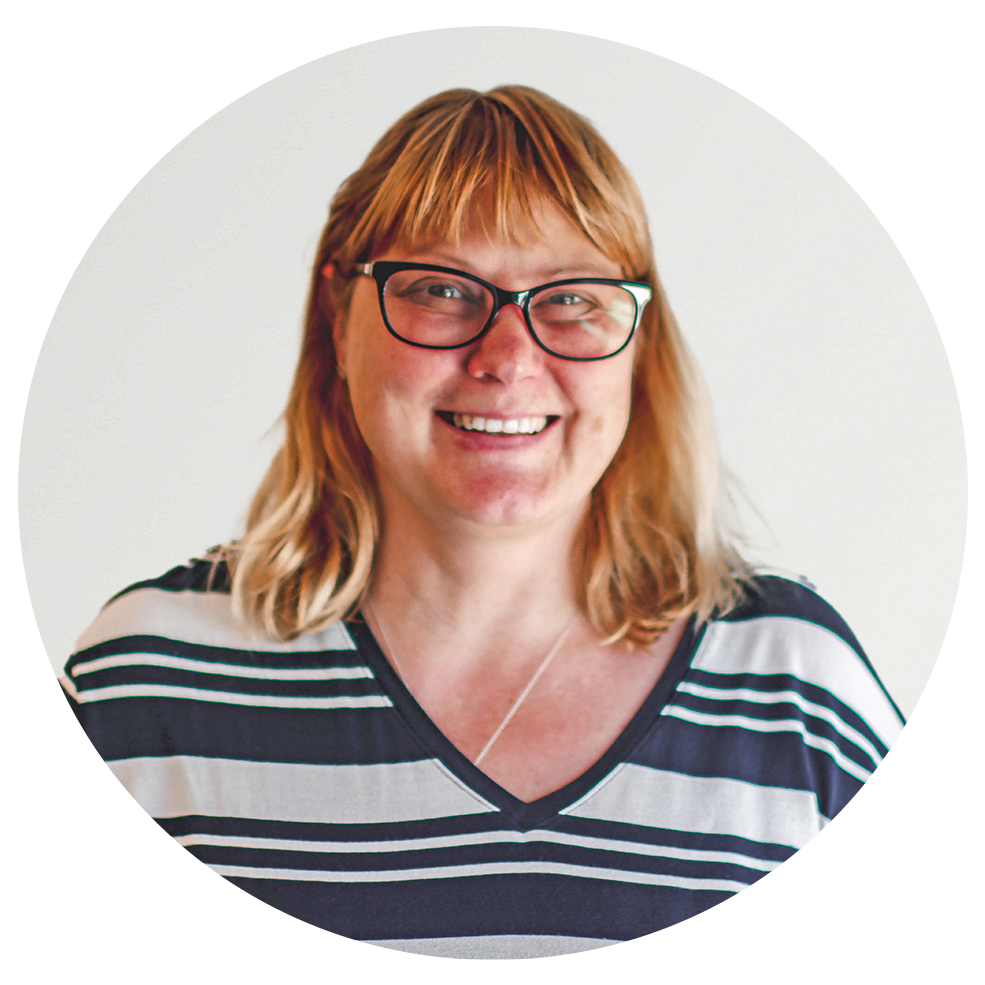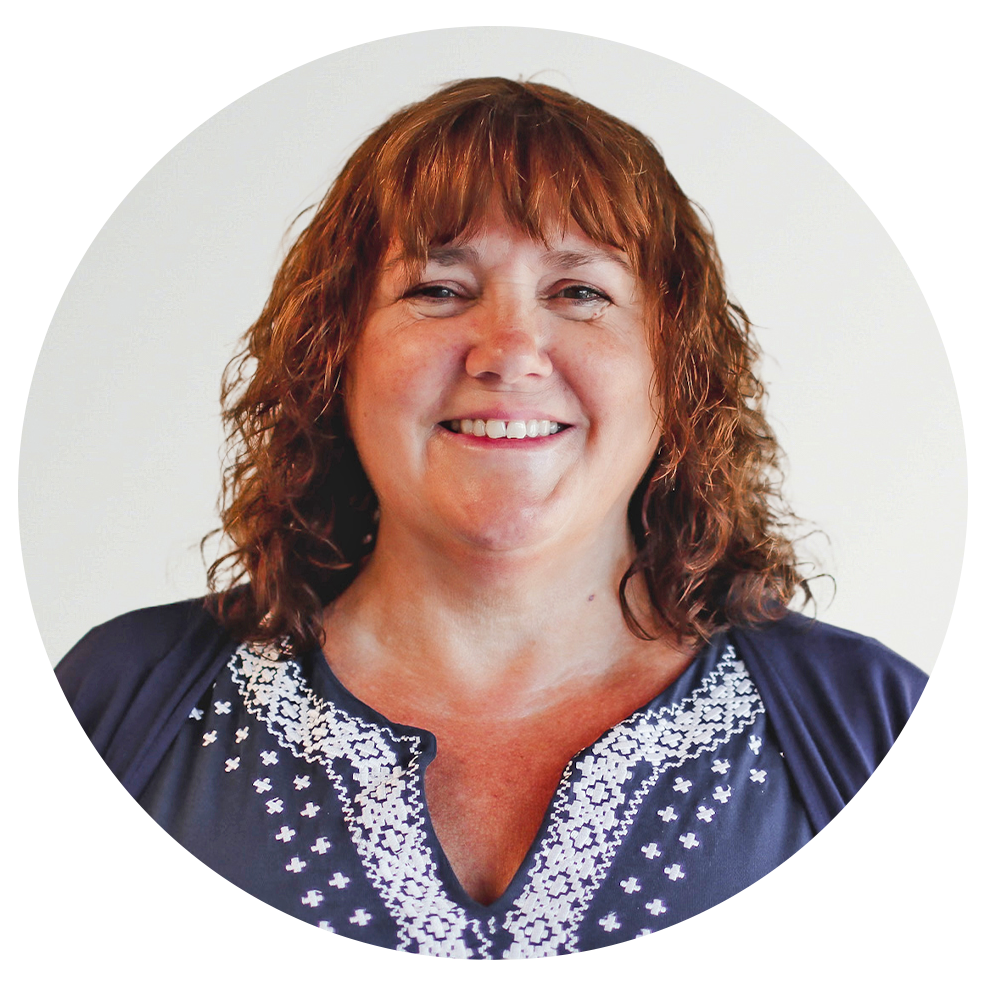Tissue Viability - What OTs need to know and how they can help
This 4-part webinar series explores the complexities of preventing and managing pressure ulcers in community settings, covering topics such as skin care, patient decision-making and the critical roles of nutrition, hydration and posture.
Webinar Parts

The what's, when's and how's of pressure ulcer formation
The what's, when's and how's of pressure ulcer formation

Pressure ulcer prevention? No thank you!
Pressure ulcer prevention? No thank you!

The important link between nutrition, hydration and pressure ulcer prevention and how to manage pressure ulcers in the community
The important link between nutrition, hydration and pressure ulcer prevention and how to manage pressure ulcers in the community
Learning Outcomes
- To understand why good skin care is essential
- To understand what leads to vulnerable skin and early warning signs
- Pressure and posture – the link between them
- Issues with cushions on top of chairs
- The big debate - To stay in bed or not to stay in bed?
- To understand the cascade of events that lead to pressure damage
- Root cause analysis process
- To understand the categories of pressure ulcers
- To recognise the key primary factors that can increase the risk of pressure ulcer development
- To understand the place and relevance of risk assessment tools and why they score as they do
- To understand why people may make decisions about their care that healthcare professionals find challenging
- What you can do when a person decides not to adhere to suggested care interventions
- To have an understanding of prevention of pressure ulcers using the aSSKINg bundle
- To gain more in depth understanding of how nutrition plays an important part in the viability of tissue
- To understand how nutrition helps with healing wounds and how to do this in practice
Meet our Experts

Sarah has always had a keen interest in Tissue Viability since becoming a registered nurse in 2002. Her experience varies from within a community setting, where she completed her Tissue Viability based degree in 2007. She then worked within the private sector to gain additional advanced wound care skills whilst working with a medical devices company specialised in wound healing. In 2010, Sarah became a Tissue Viability Nurse and shaped a specialised service within the acute sector for 7 years before returning to the community setting as a TVN.

Jenny is a senior occupational therapist. She qualified in 1997 and completed her MSc in Neuro-rehabilitation in 2007. She has worked in Neurological Rehabilitation at the Battle Hospital in Reading, and the Rivermead Rehabilitation Centre in Oxford which became part of the Oxford Centre for Enablement in 2000. She moved into the Specialist Disability Service at the OCE from where she joined the Oxford MND Centre in January 2007.
Since August 2009 Jenny has been funded full-time by the Motor Neurone Disease (MND) Association to develop NHS wheelchair services across the UK, to improve wheelchair provision for people living with MND.

Heidi has been a Tissue Viability Nurse since 2002. Her interest and passion in the prevention and management of pressure ulcers began, however, in 1987 on registering as a nurse. She has worked in both acute and community care.

Tracy has worked as a registered nurse since 2004 and has always had an interest in nutrition. Spending much of her career in different critical cares Tracy worked on various nutrition initiatives around artificial feeding – including naso-gastric feeding and parenteral nutrition. By 2011 Tracy moved on to become a Nutrition Nurse Specialist covering all aspects of patient nutrition. During this time Tracy became an active member of the National Nurses Nutrition Group, becoming Secretary in 2016. By 2017 Tracy moved into Cancer Services, first working as a upper gastrointestinal and hepato/pancreatic/biliary Lead Clinical Nurse Specialist.
Useful resources
People who watched this also watched...
Good skin care guidance
Our skin acts as a barrier to our internal systems that are essential for our health and well-being. Within this webinar you will learn about taking positive steps to ensure you are doing all you can for your patients to improve their skin integrity and give the best outcome to prevent any breakdown.
Biophilia: Bringing the outside in
This webinar looks at what biophilic design is, how easy it is to use and the benefits of incorporating biophilic design elements into care home schemes.
What do we really know about fibromyalgia?
In this session we will explore the chronic condition known as fibromyalgia in more depth. We will be discussing what it is, how it is best managed and how we can support the person managing the condition, but how we can also support for their carers.






